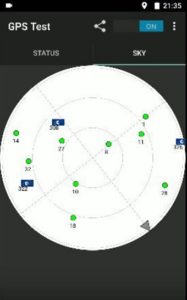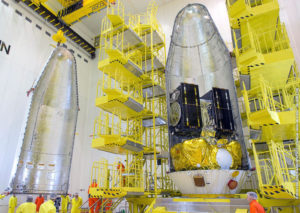
App-developers at the first GSA Hackathon in Berlin got a full technical briefing on the latest developments and opportunities for GNSS and Location Based Services (LBS) at Beuth Hochschule für Technik. The packed briefing session heard why the GSA wants the developer community to play with Galileo data, how it hopes to stimulate the community to use Galileo signals to enhance their applications and, therefore, bring the two closer together. Read more…

